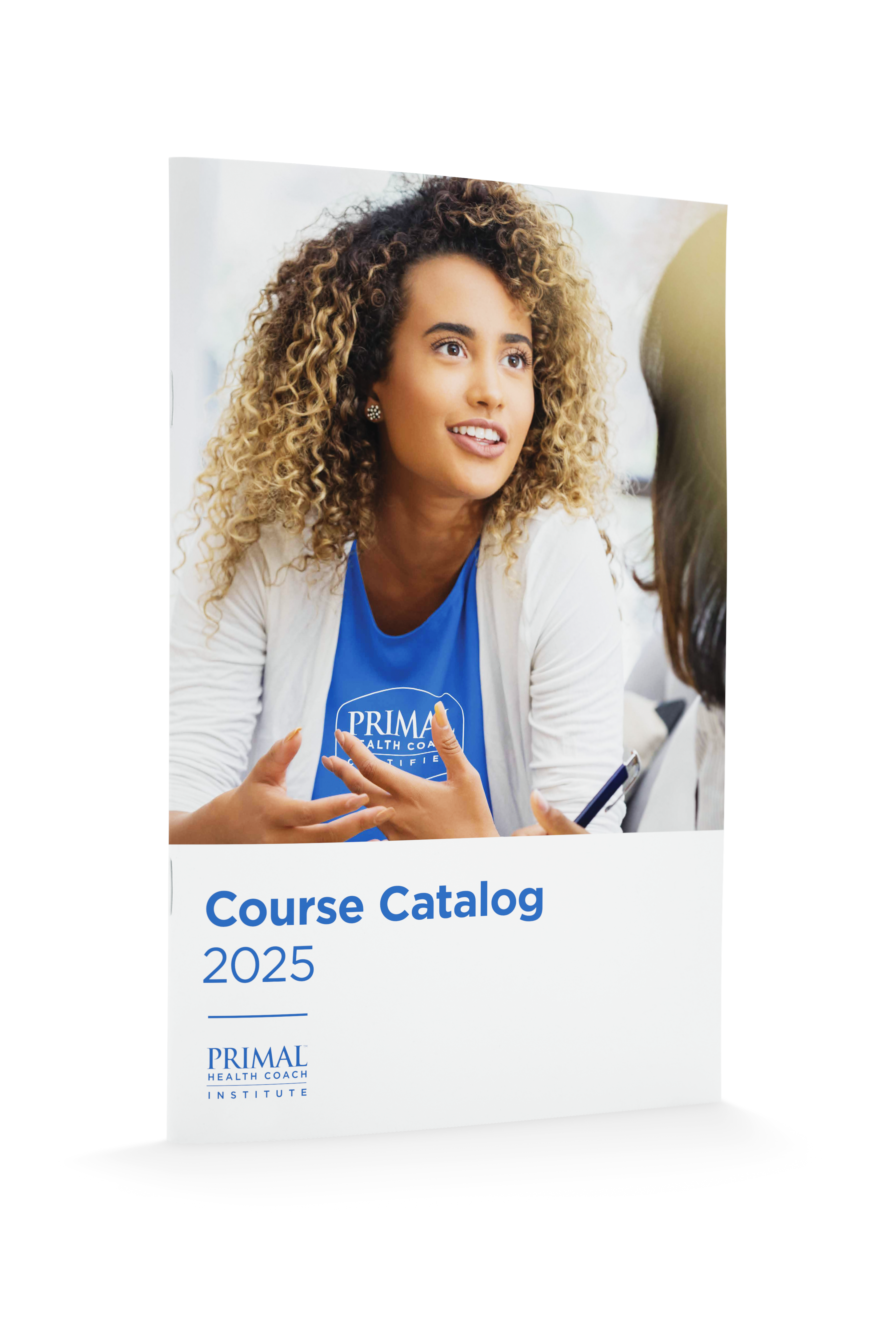
Understanding your client’s personality type can provide insight into how best to connect with them, how to draw out their strengths and to help them reach their health goals. We have previously introduced the concept of Personality Typing, whereby an individual has a primary mode of operation within each of four categories. These modes reflect our flow of energy, how we process information, how we prefer to make decisions, and the basic day-to-day lifestyle that we prefer. Each of these modes of action can be categorized into dichotomies (bipolar dimensions where each pole represents a different preference), thus making sixteen different personality types. These personality types can be categorized into four sub-groups: the Sentinels, the Explorers, the Analysts, and the Diplomats.
Whilst there are freely available Briggs/Meyers Personality Typing questionnaires online, it’s not essential to have your clients perform a test. As Health Coaches, we are likely to have a personality type that makes us strongly empathic, thus in-tune with our own emotions as well as the emotions of others. You’ll find that with a little practice you’ll be able to identify the different personality types of the people that you interact with in everyday life, from your family members and your friends to the barista at your favorite coffee shop. Being aware of the different personality types that you interact with day-to-day will help you identify the personality types of your clients, and this in turn will enable you to implement the best coaching strategies for them.
In our previous post, we delved into how best to coach the hard-working, likable Sentinels. Here, we’ll be introducing the Explorers, consisting of the Entertainers, the Entrepreneurs, the Adventurers, and the Virtuosos, who are quite often spontaneous, creative, and skilled with their hands.
Entertainer
Extraverted, Sensing, Feeling, Perceiving.
Entertainers are charming, spontaneous, generous, and full of energy. They make up 8.5% of the population.
Coaching tips: Entertainers are very likable and do not have any concerns talking about personal issues. Entertainers have excellent people skills and find the most happiness from spending time with others. However, they are extremely sensitive and vulnerable to criticism, especially if they feel like they’ve been backed into a corner, so it’s important to always remain positive and to reinforce their good achievements. Entertainers can become self-indulgent and may chose immediate gratification with little regard to what impact their behavior may have long-term. If you come across this behavior from an Entertainer client, try not to dwell on their slip-ups and remember to stay positive. Entertainers love to try new things and are likely to embrace any suggested lifestyle changes you may give them. They express their creativity in almost everything they do and will definitely put their own personal touch to any primal-style recipes you suggest. Entertainers struggle with long-term commitments and become bored very easily, so it’s essential to keep them engaged and interested in their day-to-day activities. A coaching tip for your Entertainer client is to recommend new and interesting activities and places for them to visit and try, like a bustling farmer’s market or scenic hike, as these little things will keep your Entertainer client active and focused on their health.
Entrepreneur
Extraverted, Sensing, Thinking, Perceiving.
Entrepreneurs are effervescent, the real life of the party. They make up 4% of the population.
Coaching tips: Entrepreneurs are full of energy, and they crave discovering new things and ideas. They are rational and practical and love knowledge that they can apply and put to use. Entrepreneurs are very direct and straight to the point. It’s important to use clear language and to avoid talking in circles when coaching an Entrepreneur, as they will lose focus. Entrepreneurs are natural leaders, and are likely to stand out in a group coaching situation. Entrepreneurs can be quite detached from their emotions and have trouble talking about personal issues, so try not to push too deeply when working with them. On the flip side, they are very honest and can be quite blunt, so keep this in mind and do not take anything personally if your Entrepreneur client says something that sounds offensive or rude. Entrepreneurs often live in the moment and this can create potential hurdles throughout their health journey, as they struggle to see the bigger picture. They can also be impatient and may become disheartened if they do not see the effects of their lifestyle changes as quickly as they would like. To overcome this, suggest regular fitness tests, such as testing the maximum number of unbroken pushups or pullups they can achieve on a weekly or fortnightly basis, as this will provide the motivation they need to keep focused on their health goals. Entrepreneurs do not like to feel boxed in. Help them understand that whilst they should strive for 100% compliance with their primal lifestyle, they will see the benefits of their lifestyle changes if they fall to 80% compliance. This flexibility may make the difference between falling off the wagon and making real long term sustainable lifestyle changes.
Adventurer
Introverted, Sensing, Feeling, Perceiving.
Adventurers are highly creative and are true artists at heart. They make up just under 9% of the population.
Coaching tips: Adventurers are true artists, with vivid imaginations and artistic flair. They are relaxed, warm, and very likable, and can easily relate to others’ emotions. Adventurers actively avoid planning for the future and dislike long-term commitments. Adventurers are highly passionate when they find something they truly believe in, so use this passion to drive their health journey. Adventurers can suffer from fluctuating self-esteem, so lots of praise will go a long way with keeping them on track if you sense any wavering or self-doubt. Adventurers are curious people, and need to see and explore for themselves. Provide your Adventurer clients with “guidelines” rather than definitive rules, as Adventurers are fiercely independent and can find hard rules oppressive to their freedom of expression. Try giving your Adventurer client a list of primal-approved foods and invite them to explore and create new recipes and meal ideas, rather providing a structured meal plan. Adventurers can become easily stressed and can shut down if they feel like they have lost control, so it’s important to keep them focused with short-term achievable goals like eliminating all refined sugar from their diet.
Virtuoso
Intuitive, Sensing, Thinking, Perceiving.
Virtuosos love to explore and build things with their hands. They are creative and learn through trial and error and first-hand experience. Virtuosos make up 5% of the population.
Coaching tips: Virtuosos are cheerful and good-natured and rarely get stressed out. They are also very private and it may be a challenge to get them to open up during your sessions. Virtuosos can become quite stubborn if they feel as though their lifestyle or habits are being criticized, so be sure to avoid negative language when discussing current lifestyle behaviors. Try and keep them enthusiastic about their health journey by setting new challenges and small achievable goals such as clearing out their pantry or fridge, or providing them with a new recipe each week for them to shop for and prepare. Virtuosos love hands-on activities, so they are likely to enjoy preparing new and interesting meals or sinking their teeth into a fun fitness challenge. Virtuosos may struggle with making any forward planning such as food shopping lists, meal plans, or even setting health goals, as they tend to live in the moment and often don’t worry too much about the future. Keep your Virtuoso clients focused with facts and science, as they are likely to persevere with a health goal if they understand the logic behind it. Virtuosos can at times be quite insensitive so, as their health coach, it’s important to never take anything too personally.
As you can see from these coaching tips, each Personality Type has it’s own unique traits, making their coaching needs subtly different, and being aware of these differences will facilitate your ability to draw out the very best from your clients. We’ll discuss coaching strategies for the Analysts and the Diplomats in future posts. Stay tuned!



